Democracy must learn to defend itself
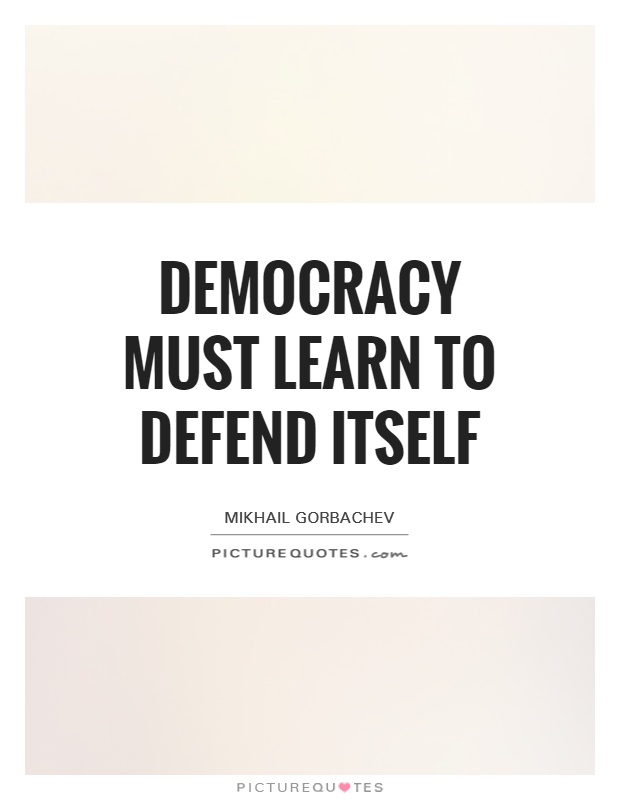
Democracy must learn to defend itself
Mikhail Gorbachev, the former leader of the Soviet Union, is often credited with ushering in a new era of democracy and openness in his country. His policies of glasnost (openness) and perestroika (restructuring) were aimed at reforming the Soviet system and allowing for greater political freedom and participation. However, Gorbachev's efforts to democratize the Soviet Union ultimately led to its downfall, as the system he sought to reform proved too entrenched and resistant to change.In the aftermath of the collapse of the Soviet Union, Gorbachev has continued to advocate for democracy and political reform in Russia and around the world. He has warned of the dangers of authoritarianism and the need for democratic societies to defend themselves against threats to their freedoms and institutions. In a 2019 interview with the Guardian, Gorbachev stated that "democracy must learn to defend itself" in the face of rising authoritarianism and populism.
Gorbachev's words are particularly relevant in today's political climate, where democratic norms and institutions are under attack in many countries. The rise of populist leaders and movements, as well as the spread of disinformation and propaganda, pose serious challenges to the principles of democracy and the rule of law. In order to protect and preserve democracy, Gorbachev argues that citizens must be vigilant and actively engaged in defending their rights and freedoms.
One of the key ways in which democracy can defend itself is through the active participation of citizens in the political process. By voting in elections, holding their leaders accountable, and speaking out against abuses of power, individuals can help to safeguard the democratic system. Gorbachev has called for greater transparency and accountability in government, as well as for the protection of independent media and civil society organizations.


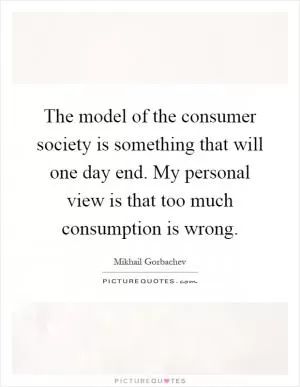
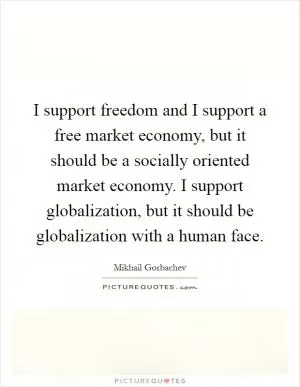
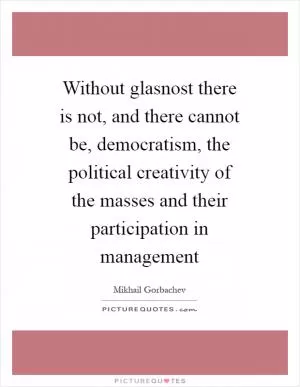

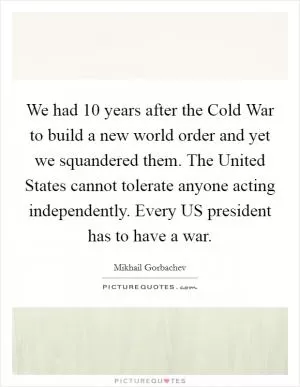
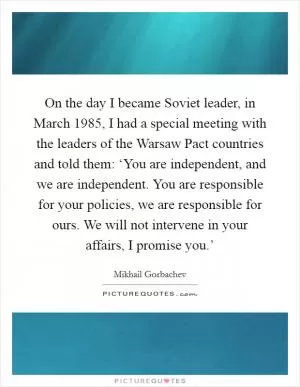
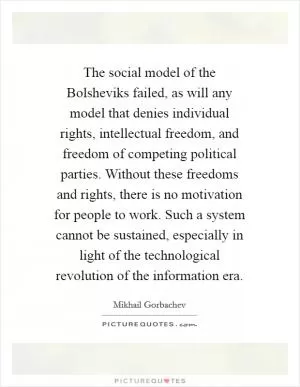
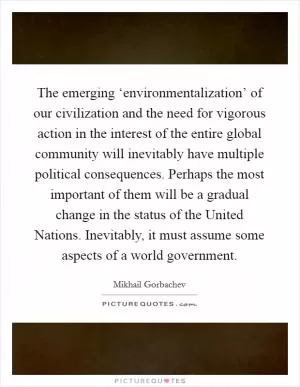
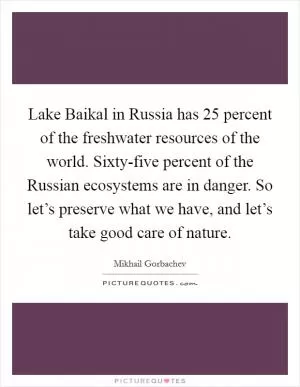
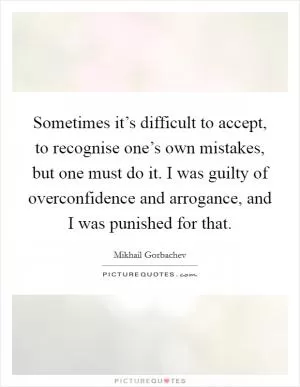
 Friendship Quotes
Friendship Quotes Love Quotes
Love Quotes Life Quotes
Life Quotes Funny Quotes
Funny Quotes Motivational Quotes
Motivational Quotes Inspirational Quotes
Inspirational Quotes